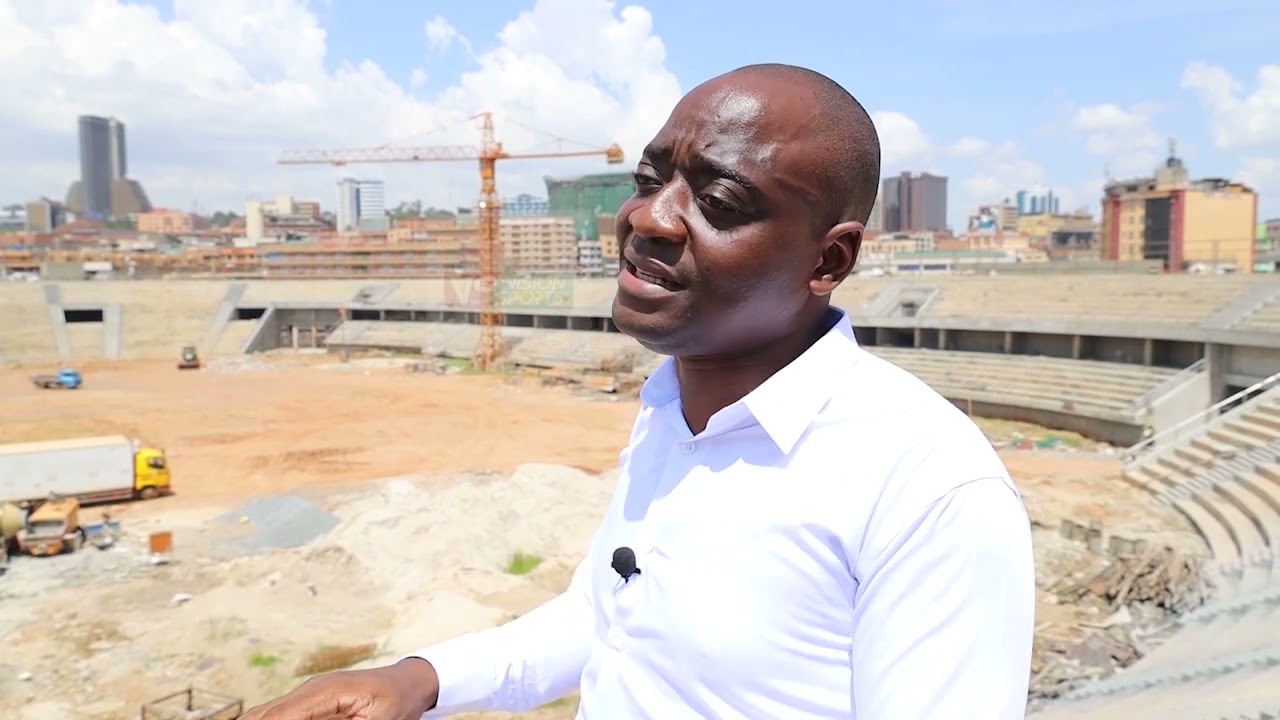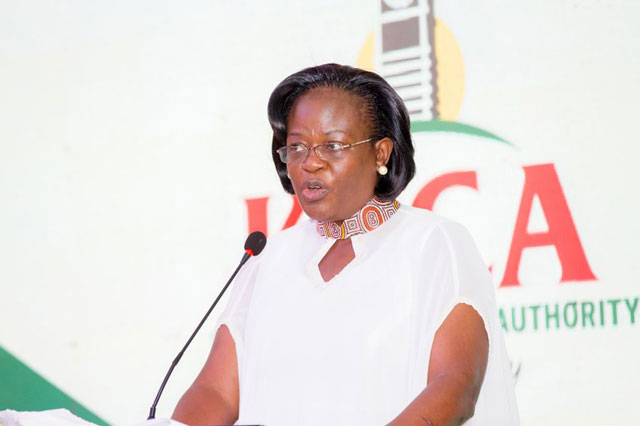A 7th KILLER DISEASE AFFECTING UGANDA ” CORRUPTION” NOW AND BEYOND 2030.

Uganda needs a stabilizer in two important sectors in order to achieve a corrupt-free environment by 2030. The first is to protect the country’s reserves and also safeguard the integrity of the public service, these two elements are so important and critical for numerous reasons that are for safety, security assurances and saving resources for the future
Not having safety and generous keys to the country’s reserves has failed to safeguard and grow Uganda’s foreign reserves which in turn serve as fallback grounds to stabilize the economy.
It will take Uganda more years to build its reserves than it was thirty years ago. High levels of corruption were observed from a recent precedent when millions of dollars left the Bank of Uganda, how and when it left the central bank’s coffers no one knows and these are checks to the government
The government’s performance depends on the integrity and ability of the individuals seated in key positions of the public services, central bank reserve controllers, accountant general, judges and police commissioners to mention but a few. Once corrupt individuals sit in such positions the all system will be corrupt from the beginning to the end.
The period of the country’s elections turns to be auctions, due to the dynamism of elections where all parties compete to be more generous than others offering what it can do for the voters by raiding the government’s monies and banks. The funds for the future are gone and the country is in deficit, budgets are cut and debts can’t be settled.
A lot of evidence to corruption opens up and sweeps throughout the country right from the highly ranked position of government office to the least contended level.
Recently the government sent a Ugandan delegation to Singapore to benchmark and acquire mechanisms to fight corruption. One would say this was a wrong move and a waste of taxes payer’s money since the actions against corrupt public servants are weak. The Ugandan government is crippled by corruption taking less action when it comesto fighting the vice.
When the country’s economic opportunities for its people are without stable jobs, they are less likely to engage in corrupt practices for financial gain. Employment can provide individuals with legitimate means to support themselves and their families which is not what we see in the entire country.
Empowered Workforce can contribute to the larger workforce that empowers citizens to demand transparency and accountability from their leaders and institutions. When people are economically engaged, they may be more likely to participate in civic activities.
Strengthening Institutions: Economic growth often leads to the strengthening of institutions, which can promote good governance and reduce opportunities for corruption. A well-functioning economy typically supports a legal system that enforces rules and regulations.
Less social stability for Job creation can reduce social unrest and inequality, which are often fertile grounds for corruption to thrive. When people feel secure in their livelihoods, they may be less inclined to resort to corrupt practices.
If government reforms that create more jobs may also have the incentive to implement anti-corruption measures to maintain a favourable business environment and attract investment which does not match mechanisms to fight corruption.
However, it’s essential to recognize that job creation alone cannot eliminate corruption. It must be accompanied by strong legal frameworks, effective governance, public accountability, and active civic engagement to foster a culture of integrity and transparency.
Kayuiki Ivan (Director/Head Business Development).
Phone :+256700977106.
Tel. :+256200906447
Email. :bulletinmedia2023@gmail.com
Bulletin Media Limited.


